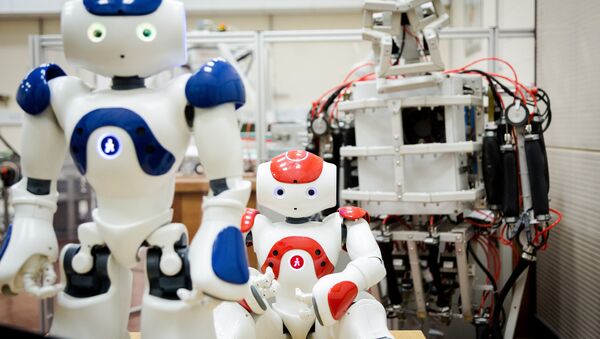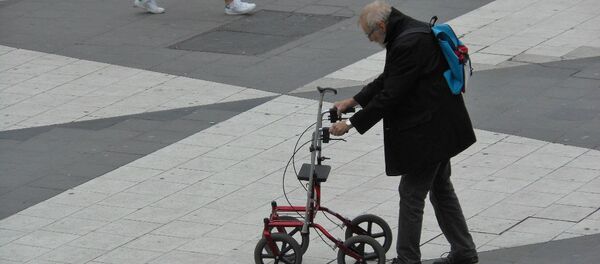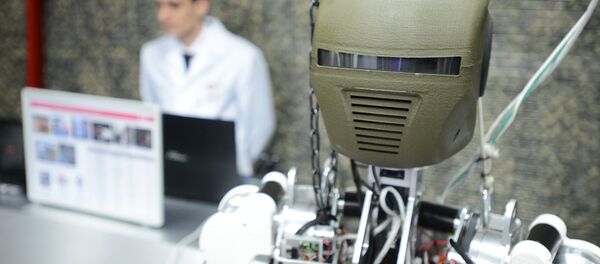"Robots give a sense of presence and can reduce loneliness among the elderly. There is also a security aspect, the family can check if their older relative, for example, fell down or, say, forgot to turn off the stove," senior researcher Antti Tammela told Finnish daily Hufvudstadsbladet.
According to Marketta Niemelä, a PhD and researcher at the VTT Technical Research Centre of Finland, Finns have a positive approach to robotics and smart technology in many areas, including health care, and are becoming even more welcoming. So far, however, robots and other smart technology have yet to hit the mass market, although therapy robots and sensors are utilized in some services.
"If the front door is opened frequently, it could mean that the elderly tenant is peeking out at regular intervals, which in turn can be a sign of memory disorder. Similarly, an older woman who visits the bathroom several times during the night might be suffering from a urinary tract infection and may need immediate care. A walking frame that is not used at all during the day can also be an indication that something is wrong," Leikas said.
According to her, issues of privacy come quickly into the picture and must always be discussed every time a new technology is launched.
Hi there! Je vous attends dans la #maisondumieuxvivre sur le salon #SAP2016 😊. pic.twitter.com/bSlBV8RLuB
— Pepper (@PepperTheRobot) November 16, 2016
One of the latest achievements in robot engineering is the pan-European project Pepper, a social robot who is able to speak several languages, as well as shake hands and give high fives. In Finland, Pepper is being adapted by the VTT Technical Research Center and the Ideapark mall to become a service robot that can entertain and assist customers in shopping malls.
"Of course you could imagine other tasks in the future. At the moment, we are trying to develop interaction and the robot's ability to consider the environment and take initiative. Sure, the robot might, at least to some extent, relieve loneliness, even if it does not wholly replace real human contact," researcher Päivi Heikkilä said.
Seventy-three percent of Finns are positive about the use of robots in general, whereas 47 percent of Finns are in favor of using robotics for providing service and companionship in elderly care, VTT reported.
The market for health care robots is expected to grow by an average 36 percent per year.







